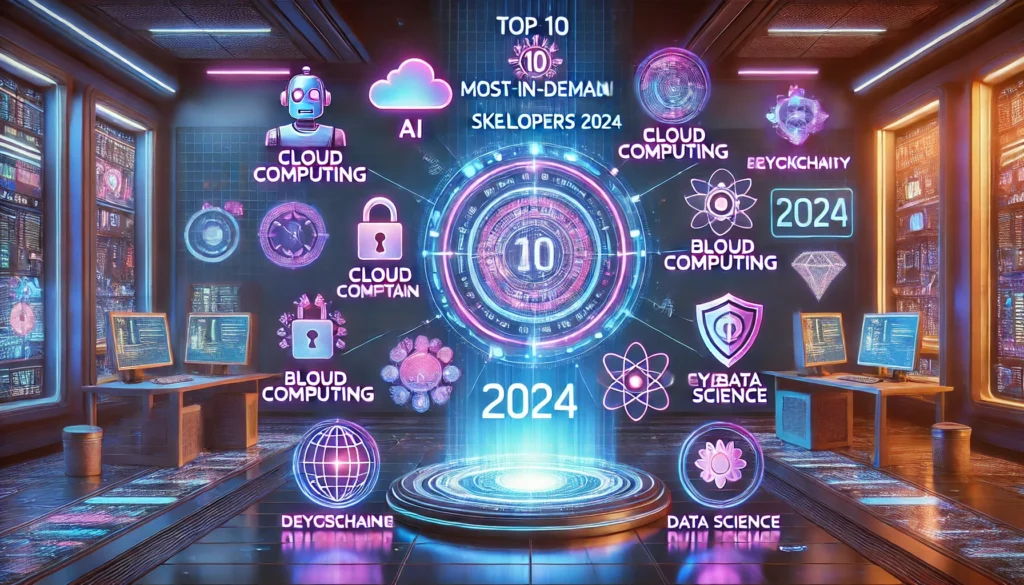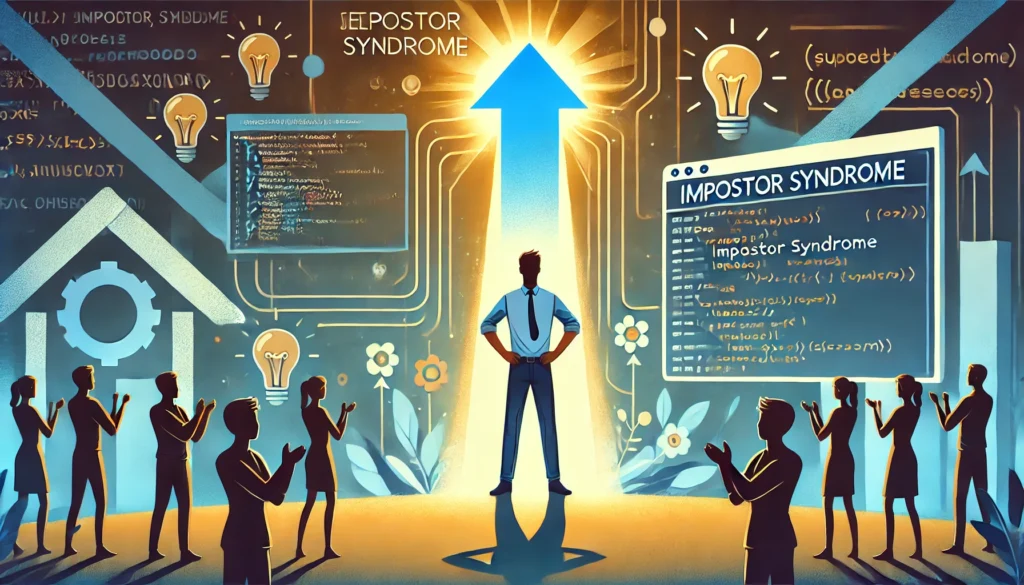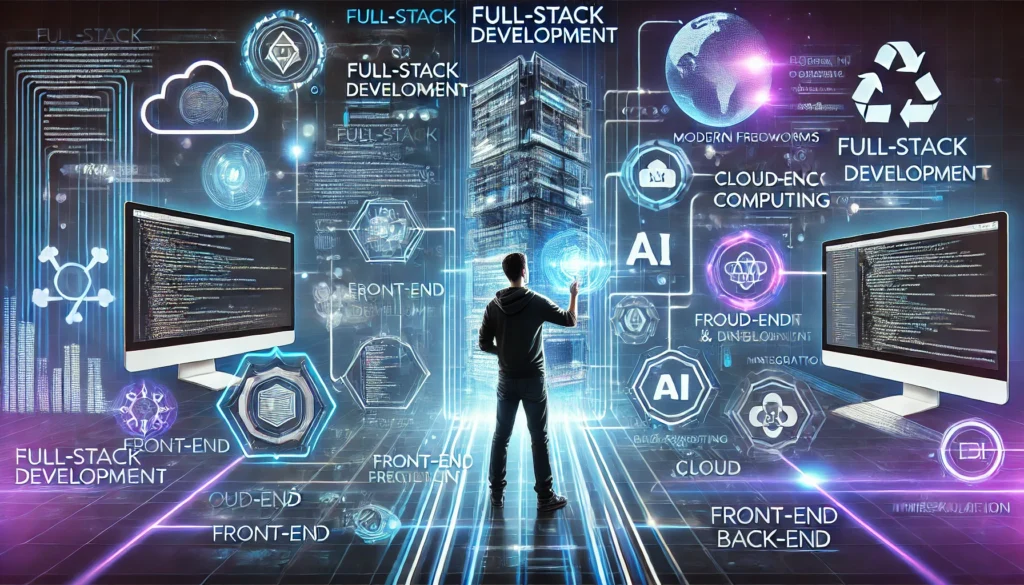As the tech industry races forward, staying ahead of the curve is not just an advantage—it’s a necessity for software developers. With 2025 on the horizon, the software development landscape is poised for transformative changes driven by cutting-edge technologies, new methodologies, and evolving business demands. In this blog, we’ll delve into expert insights on the key trends shaping the future of software development and how developers can prepare to thrive in this dynamic environment.
Category: Expert Insights
This blog belongs to the Expert Insights category, offering a forward-looking perspective on the trends and innovations that will define the future of software development.
1. AI-Driven Development Will Become the Norm
The integration of Artificial Intelligence (AI) into software development workflows is rapidly accelerating. In 2025, AI will not only assist developers but actively participate in coding, testing, and debugging processes.
- AI-powered tools like GitHub Copilot and Tabnine are already transforming coding practices, and more advanced tools are on the horizon.
- AI will automate repetitive tasks, allowing developers to focus on solving complex problems and building creative solutions.
- Generative AI will play a significant role in creating boilerplate code, optimizing performance, and even suggesting architecture decisions.
To stay competitive, developers must learn how to collaborate with AI tools effectively while honing their creative and strategic thinking skills.
2. Low-Code and No-Code Platforms Will Redefine Development
Low-code and no-code platforms are democratizing software development, enabling non-developers to create functional applications. However, these platforms are also impacting professional developers by shifting their focus to more complex tasks.
- Developers will need to specialize in integrating and extending the capabilities of low-code platforms.
- Understanding how to manage the balance between low-code solutions and traditional development will be crucial for success.
- Companies like OutSystems and Bubble are pushing the boundaries of these platforms, making them powerful tools for rapid prototyping and deployment.
3. The Rise of Platform Engineering
By 2025, platform engineering will emerge as a critical discipline in software development. Platform teams focus on building internal tools, frameworks, and environments that empower other developers to work more efficiently.
- Adoption of Developer Experience (DevEx) strategies will ensure smoother workflows and higher productivity.
- Developers will work on creating reusable components, CI/CD pipelines, and automated processes for internal use.
- Skills in tools like Terraform, Jenkins, and Kubernetes will be invaluable for platform engineers.
Platform engineering ensures scalability and standardization, reducing operational overhead while fostering innovation within development teams.
4. Focus on Sustainability in Software Development
Sustainability is no longer just a buzzword; it’s becoming a key consideration in software engineering. With companies aiming to reduce their carbon footprints, developers will play a role in creating energy-efficient applications.
- Optimizing code to consume less computational power and reduce energy usage will be a priority.
- Using eco-friendly cloud providers like Google Cloud, which offer carbon-neutral solutions, will become standard practice.
- Adopting green coding techniques and monitoring tools to track energy consumption will gain prominence.
As sustainability gains traction, developers will need to balance performance and environmental impact in their software solutions.
5. Edge Computing and IoT Will Drive Innovation
The shift from centralized computing to edge computing is accelerating. By processing data closer to where it’s generated, edge computing enables faster decision-making and improved performance, especially in Internet of Things (IoT) applications.
- Developers will need to understand edge computing architectures and how to design decentralized systems.
- Familiarity with frameworks like EdgeX Foundry and cloud-edge integrations (e.g., AWS Greengrass) will be critical.
- As IoT adoption grows, developers must also address security challenges and ensure reliable communication between devices.
6. Quantum Computing: A New Frontier
While still in its infancy, quantum computing is making strides toward becoming a practical tool for solving problems that classical computers cannot handle efficiently. Developers in 2025 may need to familiarize themselves with quantum algorithms and programming languages like Qiskit or Cirq.
- Quantum computing could revolutionize fields like cryptography, optimization, and machine learning.
- Developers should keep an eye on advancements in quantum hardware and start exploring use cases relevant to their industries.
- Major players like IBM, Google, and D-Wave are leading the charge in quantum research and accessibility.
7. Enhanced Focus on Cybersecurity
With cyber threats becoming more sophisticated, cybersecurity will remain a top priority in software development. By 2025, developers will need to embed security at every stage of the software lifecycle.
- Embrace the shift-left approach, where security measures are integrated into the development phase.
- Learn about secure coding practices, vulnerability scanning, and tools like OWASP ZAP and Burp Suite.
- Stay updated on emerging threats and compliance standards like GDPR and ISO/IEC 27001.
Conclusion
The software development industry is on the brink of monumental change. From AI-driven development to sustainability, low-code platforms, and quantum computing, the trends shaping 2025 are redefining how developers work and what skills they need to succeed. By staying informed and adaptable, developers can not only survive but thrive in this exciting new era of innovation.




